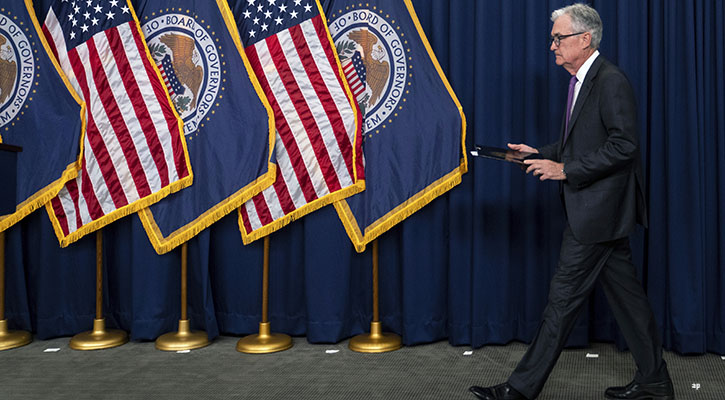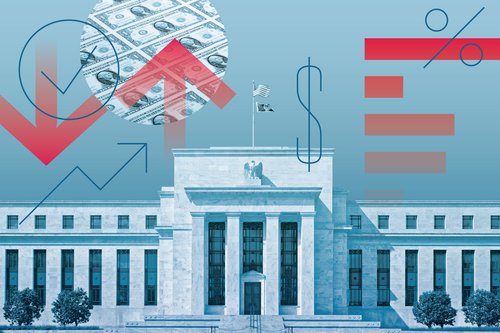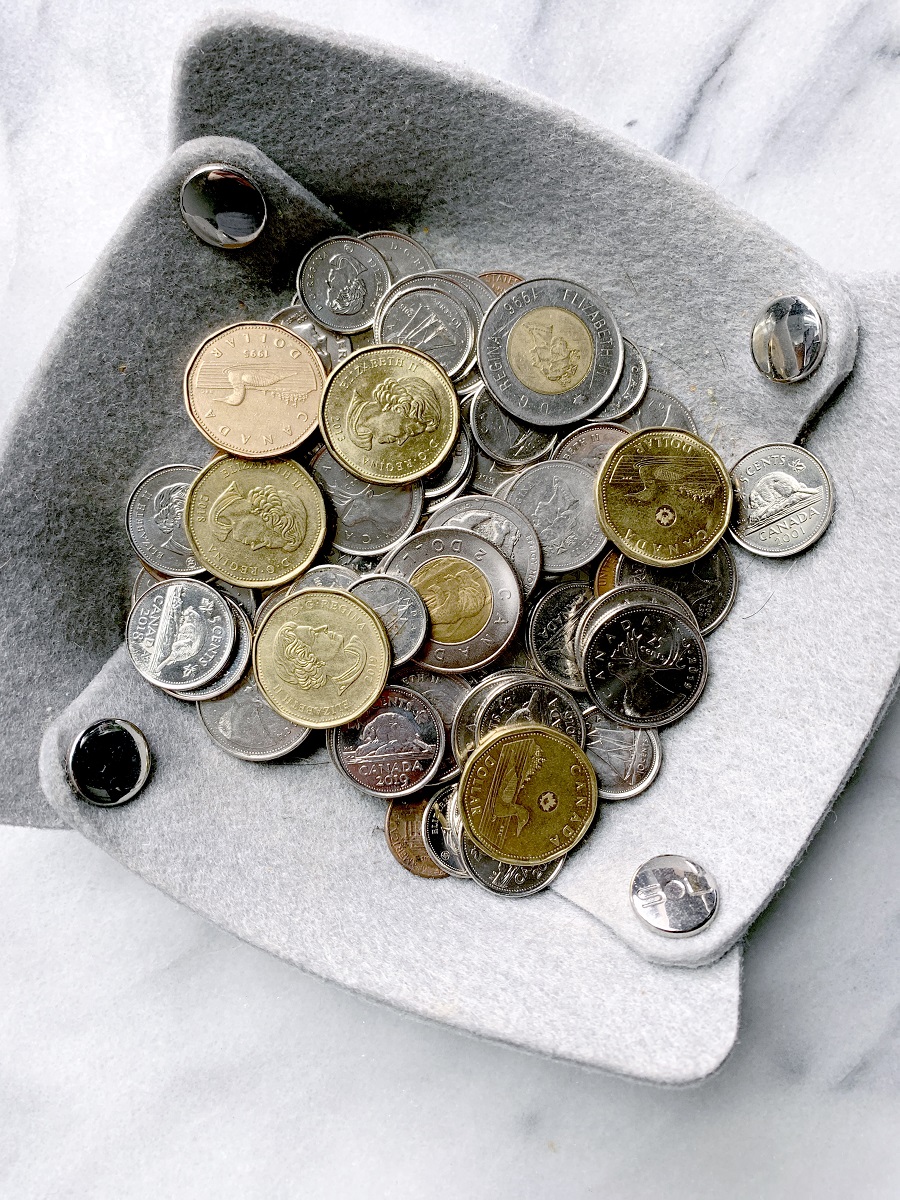
Even as the Consumer Price Index report for August showed a pickup in the pace of inflation, with much of the increase owing to higher energy prices, the overall picture points to an improving outlook for more contained upward pressure on prices.
In turn, that better outlook on inflation could give the Federal Reserve the leeway it needs to hold off on additional interest-rate increases.
“The inflation report was good news overall,” says Preston Caldwell, chief U.S. economist at Morningstar. “That’s because core inflation continues to normalise.”
Core inflation, which excludes the volatile food and energy components, fell to its lowest levels since March 2021, with the three-month percentage change falling to 2.4% annualised – almost in line with the Fed’s 2.0% target.
“With core inflation continuing to normalise, the Fed will very likely refrain from another rate hike in its September meeting next week,” Caldwell says.
The Bureau of Labor Statistics reported that the Consumer Price Index increased 3.7% in August from year-ago levels—a rise from July’s 3.2% rate but well below the June 2022 peak of 9.1%. Core CPI rose 4.3% in August over the past 12 months after climbing 4.7% in July.
The headline rise of 3.7% came close to economists’ expectations of 3.6%. The core CPI reading matched expectations. From month-ago levels, CPI rose 0.6% in August after rising 0.2% in July. Core CPI rose 0.3% after rising 0.2% in July.
Within the report, the index for gasoline was the largest contributor to the monthly all-items increase, accounting for over half the total gains. Energy prices rose 5.6% overall in August after increasing 0.1% the prior month. Utility (piped) gas service prices gained 0.1%, fuel oil prices increased 9.1%, gasoline prices rose 10.6%, and electricity prices climbed 0.2%.
Oil prices rose from about $70 per barrel at the beginning of July to $81 per barrel at the beginning of August, Caldwell notes, which drove the higher gasoline prices.
“We would be concerned about higher energy inflation if we thought it was likely to persist,” Caldwell says, “But that’s unlikely to be the case.”
Caldwell adds that oil prices have risen further over the past month, which he says will likely create a further bump in the energy component in the September and October CPI reports. “After that, oil prices should likely fall, as indicated by futures prices as well as the low likelihood that Saudi production cuts persist indefinitely,” he says.
In addition, Caldwell thinks electricity prices will also likely fall after a hot summer.
Within core inflation, shelter inflation fell to 4.5% annualised in the past three months, with core inflation excluding shelter at 0.9%. “Both the shelter and nonshelter components are finally falling in concert,” Caldwell says.
“The deceleration in shelter inflation has further room to run,” he adds. “Market rent growth has averaged about zero since the start of 2023, owing to increased housing supply. Housing inflation in the CPI responds to market rents with a lag.”
Core goods inflation was negative 2% annualized in the past three months, according to Caldwell’s measure. “This disinflation should persist, as used-car prices are likely to fall further in coming months,” he says. “Prices for other goods are flat or falling owing to the resolution of supply chain issues.”
Certain components of core inflation remain sticky, according to Caldwell. He notes that cable and TV streaming prices increased 4.7% in the past three months on an annualized basis, and motor vehicle insurance increased at a 27% annualized rate, “which is a lagged response to the runup in vehicle prices and thus unlikely to last for much longer.”
“We also saw higher energy prices have a pass-through effect on core prices in August,” Caldwell says. Airfare prices jumped in August after falling in prior months, owing to higher jet fuel prices. “This caused most of the uptick in the month-over-month core inflation rate in August compared to July.”
On the services side, “falling wage growth should put a lid on core services ex-housing going forward,” Caldwell says.
Fed Likely to Hold Rates in September, Cuts Expected in 2024
“Today’s report should rule out a Fed hike in September,” Caldwell says. “We think only a trend reversal in core inflation would induce the Fed to continue hiking rates.”
Nearly all market participants—97%—expect the federal-funds effective rate target to hold steady at its current range of 5.25% to 5.50%, according to the CME FedWatch Tool’s reading as of 11 a.m. Eastern time. A month ago, 90% of market participants foresaw the rate holding steady, with the remaining 10% expecting the Fed to raise rates to a range of 5.50% to 5.75%.
The key question now, according to Caldwell, is when the Fed will start lowering interest rates.
“We still expect [rate cuts] to come in early 2024,” he says.
Inflation has already fallen greatly without a slowdown in economic growth, down to roughly half its summer 2022 peak levels. “The growth slowdown that we expect by the first half of 2024 should provide a further disinflationary impulse and push the Fed to begin loosening monetary policy,” Caldwell says.
Markets are split over whether the Fed will keep rates where they are or raise them further by December. For the March 2024 Fed meeting, 48% of market participants expect the rate to stay at its current range of 5.25% to 5.50%, while 27% of participants expect a range of 5.50% to 5.75% by March. Roughly 20% of participants expect the Fed to have lowered rates to a range of 5.00% to 5.25% by the March 2024 meeting.






:quality(80)/cloudfront-us-east-1.images.arcpublishing.com/morningstar/VYKWT2BHIZFVLEWUKAUIBGNAH4.jpg)


:quality(80)/cloudfront-us-east-1.images.arcpublishing.com/morningstar/VYKWT2BHIZFVLEWUKAUIBGNAH4.jpg)










